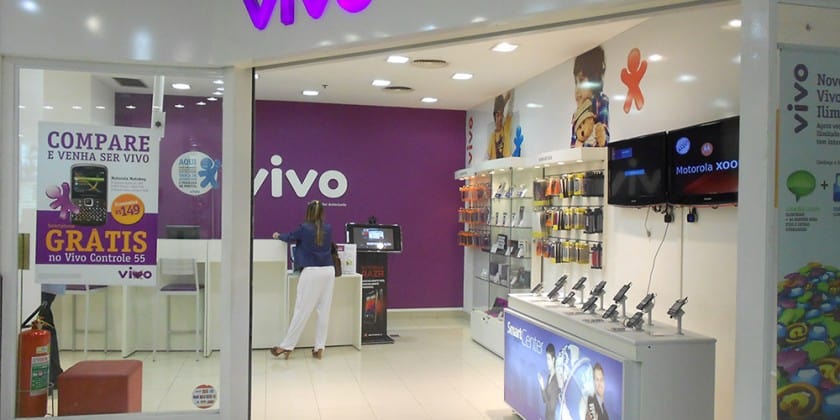
Vivo India transferred Rs 62,476 crore abroad, primarily to China, claims ED
DELHI ( Web News )
The business allegedly transferred around Rs 62,476 crore of its revenue to China between 2017 and 2021 in order to avoid paying taxes in India.
ED alleged that Vivo India transferred nearly Rs 62,476 crore, which is over 50% of the total revenue, out of India, primarily to China, from the total sale proceeds of Rs 1,25,185 crore.
According to the money-laundering investigation conducted by the ED against the mobile phone manufacturer, the business transferred around Rs 62,476 crore of its revenue to China between 2017 and 2021 in order to avoid paying taxes in India. “These remittances were made in order to disclose huge losses in Indian incorporated companies to avoid payment of taxes in India,” ED claimed in its statement on Thursday.
Enforcement Directorate claims that 18 firms that were purportedly formed fraudulently assisted the smartphone manufacturer in moving 50% of its revenue, primarily to China, outside of India.
The Prevention of Money Laundering Act (PMLA) has so far been used to take 119 bank accounts from organisations with a total balance of about Rs 465 crore, inclusive of fixed deposits of Rs 66 crore from Vivo India, 2 kilogramme of gold bars, and about Rs 73 lakh in cash, according to ED.
The federal agency has become aware of up to 22 firms founded by Bin Lou, an ex-director of Vivo, and another Chinese citizen named Zhixin Wei. Following the establishment of Vivo India in August 2014-15, Bin Lou established 18 firms, while Wei formed 4 companies.
An official claimed that Vivo India’s records indicated losses in the majority of its partner companies when sending money to China.
The ED alleged that the purpose of these transactions was to conceal significant losses in Indian-incorporated businesses in order to avoid paying taxes.
The corporation filed a complaint with the Delhi High Court challenging the decision issued by the federal investigation agency on July 5, freezing many of its bank accounts possessing almost Rs 250 crores in connection with an alleged money laundering investigation.
“In the interim, the court advises the respondent to attend to that representation in light of the authority to grant prior permission to deal with the seized property as is contemplated under section 17(1) A of the Prevention of Money Laundering Act, stated Justice Yashwant Varma. “In the meantime, and bearing the financial conditions which are expressed in the petition and are also set out in a representation of July 7, this court directs the respondent to attend to that representation,” he added.
According to ED attorney Zoheb Hossain, Grand Prospect International Communication Private Limited (GPICPL) receives 1,400 crore of which nearly 1200 crore have been transferred to various bank accounts owned by the mobile carrier, claiming that GPICPL was registered with the Ministry of Corporate Affairs (MCA) on the basis of forged and fake documents.
Additionally, he asserted that during the search, the employees tried to flee, hid the digital devices and were otherwise uncooperative.
The ED on Thursday reported that almost 50% of Vivo India’s income, a total of Rs 62,476 crore had been sent outside India, largely to China. The ED alleged that the purpose of these transactions was to conceal significant losses in Indian-incorporated businesses in order to avoid paying taxes. As many as 23 related companies were identified by the agency.
Sidharth Luthra, the attorney for Vivo, presented before the court that the firm’s process has been impacted stating that, “Taxes are due from our end. TDS must be paid. Excise taxes must be paid. There are almost 9000 workers overall. The situation is urgent. A liability exists and it is increasing daily.”
In connection with its investigation into Vivo and affiliated companies for possible money laundering, the central investigation agency conducted several nationwide raids on July 5 in various states under the Prevention of Money Laundering Act. The case will now further be heard on July 13.

